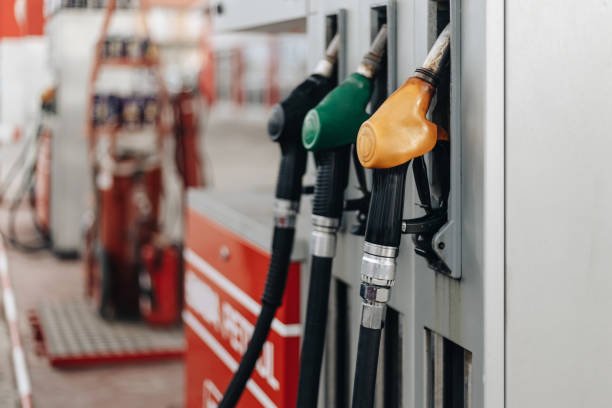Rising fuel prices, the impending ban on the sale of new petrol and diesel cars, ultra-low emission zones – all these have a big influence on the automotive industry and all are influenced by one thing, the environment.
Environmental matters therefore can have an impact on where you drive your car, which new or 2nd hand cars you should consider and even how you drive your car.
These are the top things you need to know in these three key areas.
1. How does the environment impact where you can drive your car?
London was the first major city in the UK to implement an Ultra Low Emission Zone, designed to improve the local air quality and to lessen the impact on the wider environment. It concentrates on the dirty emissions that come out of a car’s exhaust and, put simply, older, dirtier cars have to pay to enter the zone while cleaner more modern cars don’t.
London might have been first, but other cities are set to follow. There are ULEZ zones in Aberdeen, Dundee, Edinburgh and Glasgow in Scotland while English zones can be found in places such as Bristol, Oxford, Bath, Birmingham and more.
The rules are not universal, with some only applying to commercial vehicles, while others target cars. In short, check before you head to a new city, particularly if you are driving an older car that might fall foul of the schemes.
2. How does the environment influence which car you buy?
The Government is planning to ban sales of all new petrol and diesel cars from 2035 onwards. This is undoubtedly the biggest way that the environment is impacting your future car choice, but there are other pressures in the meantime, too.
Societal pressure, fuel prices and the aforementioned ULEZ charges are all factors that have pushed buyers away from diesel in recent years. Diesel cars used to be more economical on fuel and cheaper to tax than the petrol equivalents, but the gap has narrowed in recent years. In 2023, only around 10% of new cars sold are diesels now, which is a huge drop from the time when they made up 50% or more of all sales.
Diesels still have their place though. They are more economical over long distances, so if you plan on spending a lot of time on the motorway clocking up many miles a year then it might be worth considering one. They also offer more low-speed pulling power, so are better suited to towing. If you’ve got a caravan, they might be the better option.
For many, though, petrol is the better choice. Unless you are ready to go electric, that is…
3. How does the environment influence how you drive your car?
In short, the more economically you drive, the less fuel you use and the better your car is on the environment. Plus you won’t have to fill up as often, so you’ll save money.
Driving economically is a good thing all round therefore. There are loads of things you can do, but these quick tips will help boost your chances of saving fuel
- Make sure your tyres are properly inflated – soft tyres drag more
- Keep your car serviced and maintained
- Speed up and slow down gradually rather than accelerating fast and slamming on the brakes
- Look ahead to see if there is anything that you might need to slow down for and lift off rather than braking
- Follow the advice of the gear-change indicator on your car, if it has one – that will keep revs down and stop the engine labouring
Take roof boxes or roof racks off your car when you don’t need them




